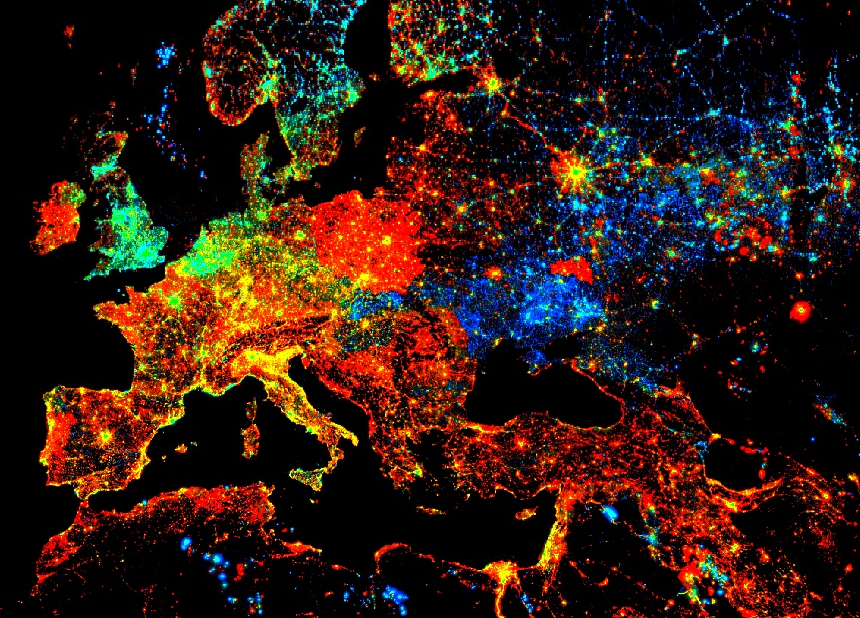- Teacher: Jose Acosta-Cordova
- Teacher: Sian Butcher
- Teacher: Andrea Pimentel Rivera
- Teacher: Lauren Weber
- Teacher: Nina Roberts
- Teacher: Nikolai Alvarado
- Teacher: Fikriyah Winata
- Teacher: Su Yeon Han
- Teacher: Fangzheng Lyu
- Teacher: Shaowen Wang
- Teacher: Sian Butcher

Applied GIS to Environmental Studies is strategically developed to broaden the perspectives of students interested in learning how to exploit geospatial and remote sensing data products to advance knowledge in fields of Earth Sciences (i.e. geography, ecology, hydrology, geology, glaciology, etc.). We will use open source, freely available datasets and image processing platforms to address regional to global-scale environmental problems. This course will challenge students to think creatively and multi-dimensional, with hands on projects and assignments that will be reinforced by lectures, readings, and tutorials. Importantly, students will engage with all environmental applications using an inquiry-based learning perspective. In order to achieve this goal, students will gain experience 1) evaluating the strengths and weakness of geospatial data products, 2) identifying datacenters for data download, 3) pre/post processing of data, 4) initiating spatial analyses, 5) synthesizing and exporting data, and 6) interpreting spatiotemporal patterns and uncertainties to a pseudo-stakeholder(s)/decision maker(s). The objective of this course is to provide the necessary knowledge, direction, and experience for students to cultivate the necessary analytical skills for addressing environmental and/or ecological problems using powerful geospatial solutions in their future endeavors.
- Teacher: Mark Lara
- Teacher: Jinwoo Park
- Teacher: Su Yeon Han
